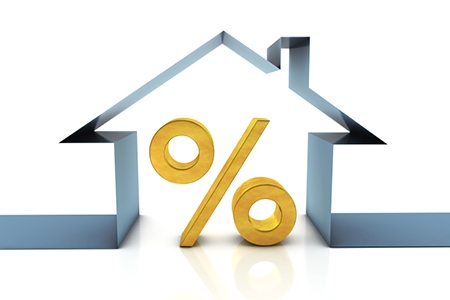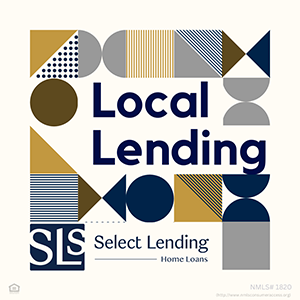
3 Questions About Interest Rates
If you’re shopping for a home loan, you’re likely focusing on interest rates. Below are a handful of questions you may have about the art of the interest rate.
How are interest rates determined?
Interest rates are influenced by shifting economic indicators in your financial market. This type of fluidity means they can change daily, or even hourly. This is why it’s important to shop around.
What does it mean to “lock in” a rate?
Since interest rates are so fluid, many buyers choose to combat this by locking in a rate when they find a good one. A locked rate is a contractual agreement between the lender and buyer that offers the buyer protection from financial market fluctuations that could affect the range of the interest rate. There are four major components to a rate lock: loan program; interest rate; points; and the length of the lock. If your interest rate range is locked and there are no subsequent changes to your loan, the interest rate range on your application generally remains the same; however, if changes are made to your loan, your final interest rate at closing may be different.
What does it mean if your rate is “floating?”
If your interest rate is floating, it means it’s not locked. Instead, it’s fluctuating with the up-and-down movements of the market. The benefit of this is if interest rates decrease, you will have the option of locking in at a lower rate, but if the rates rise, you will lose access to the lower rates.



